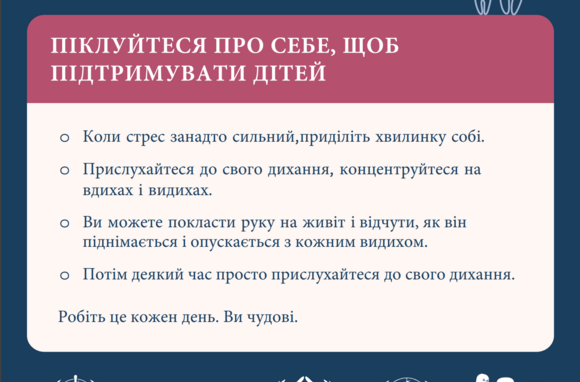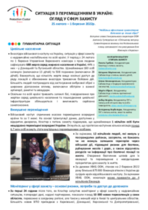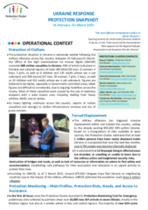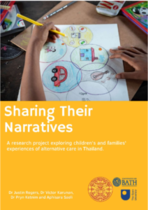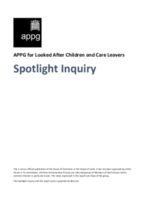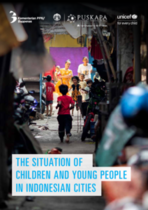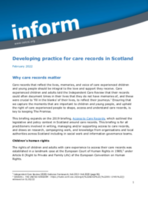This study combines a quantitative overview of the leading indicators of well-being among children and young people in cities, with a qualitative, in-depth understanding of how daily life is perceived and experienced by the urban young. The quantitative analysis has predominantly employed existing national data sets, such as The National Socioeconomic Survey (SUSENAS) and the Indonesia Demographic and Health Survey (IDHS), to understand the situation of children in urban settings. The secondary analysis assessed approximately 20 indicators that are based on the SDG/Sustainable Development Goal themes, and that align with the Indonesian National Medium Term Development Plan 2020–2024. The combination of secondary analysis, a systematic literature review, and consultations with children and young people generated insights on the constraints and opportunities faced by them and their broader urban communities.

